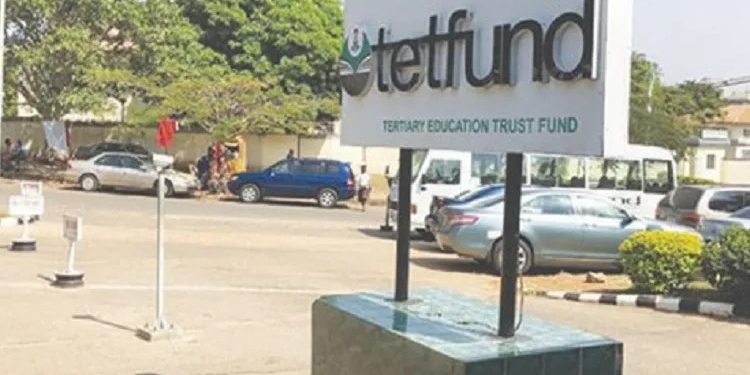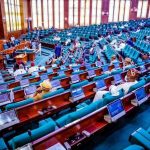The Tertiary Education Trust Fund will receive half of the proceeds from Nigeria’s newly introduced Development Levy, a move expected to strengthen tertiary education and help reduce the country’s out-of-school population, estimated at 18.3 million by UNICEF. The announcement was made at the 2025 TETFund Board of Trustees Town Hall Meeting in Lagos, where the Executive Secretary of the agency highlighted the transformative potential of the levy for Nigeria’s education sector.
The Development Levy, introduced under the Nigeria Tax Bill 2024, consolidates four existing statutory levies: the Tertiary Education Tax, Information Technology Levy, NASENI levy, and Police Trust Fund Levy. Under the bill, TETFund will receive 50 per cent of the levy proceeds in 2025 and 2026, rising to 66.7 per cent between 2027 and 2029 before the funds are redirected to the Nigerian Education Loan Fund from 2030 onwards.
The agency’s leadership emphasised that the new funding stream will support interventions aimed at improving the quality of tertiary education, expanding research and innovation, and producing graduates equipped to create jobs and drive economic growth. The Executive Secretary noted that President Bola Tinubu intervened to maintain TETFund’s funding, underscoring its central role in national development.
The Chairman of the Senate Committee on Tertiary Institutions expressed the National Assembly’s support for the reforms, highlighting that funding would not only enhance infrastructure but also build intellectual capacity and support research critical for national progress. Meanwhile, stakeholders called for stronger accountability measures to ensure that funds are effectively utilised and yield measurable outcomes.
TETFund’s Board Chairman stressed the importance of collaboration among institutions, industry partners, alumni networks, and communities to maintain facilities and ensure long-term sustainability. Addressing infrastructure challenges, he noted that N70 billion has been earmarked in the 2025 budget to provide sustainable energy solutions across tertiary institutions.
The Development Levy is seen as a strategic intervention that could help turn Nigeria into an “education hub,” equipping students with skills to compete globally while also creating opportunities for local innovation and economic development.










